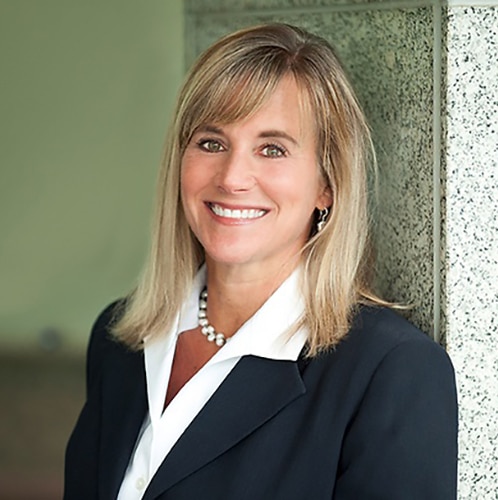If you’re like me, these video calls and webinars are beginning to lose their luster. I miss in-person meetings. I miss real connections. And I wonder what the future will bring for the legal profession. What will the post-pandemic law firm look like? Will it be totally virtual? And will that be truly effective? Will I even still want to practice law?
One thing is for sure. We have proven ourselves. Attorneys and law firm staff have transformed overnight from working in an office to working remotely. Who says we’re not tech-savvy? OK, it wasn’t without its challenges, but we made it work, served our clients, and billed our hours. My worry is the number of law firm managers who are looking at this highly productive workforce and wondering, “Why do we need the costly overhead of an office building?”
I Miss the Law Firm Life
I’m sure many attorneys do very well and actually thrive in a work-from-home environment. I’ll admit, that’s not my style. I enjoy the firm life. I prefer to be part of a team and able to collaborate with my colleagues in an office. I enjoy the personal interaction with clients as well as the camaraderie with my coworkers that working in a physical office provides. That “live” contact, in my opinion, can’t be replaced by a Zoom meeting or a telephone call.
I have a real fear that the “new normal” will continue to be predominately virtual. I’m ready to go back to the office and reconnect. I need people!
Having a brick-and-mortar location is still essential for most law firms.
Clients often have a lot at stake when they are involved in a legal matter. When the pressure is on, they like to meet with their attorney face to face. It is also important for the attorney to be able to meet with a client in private, observe their body language, and make eye contact when preparing them for a deposition or trial. Colleagues also need a place where they can ask each other questions, develop strategies, and benefit from each other’s knowledge and experience.
What happens to the practice of law if we stop learning from each other?
Physically working together leads to a better work product, enhanced productivity, more engaged coworkers, and better teamwork and coordination. As Ken Blanchard says in “The One Minute Manager,” “None of us is as smart as all of us.”
Nurturing Teams
In his book “Give and Take,” Adam Grant, an expert on organizational psychology, refers to people as givers and takers:
“When colleagues are supportive, they go out of their way to be givers rather than takers, working to enhance our productivity, make us look good, share ideas, and provide timely help.”
Too much physical separation makes it difficult to build teams and create those supportive relationships. “Teams need the opportunity to learn about each other’s capabilities and develop productive routines,” Grant says in a separate piece. “So once we get the right people on the bus, let’s make sure they spend some time driving together.”
I think this applies to lawyers and law firms. We need to work together — not in isolation — and become givers. I’m really looking forward to getting back on the bus with my coworkers.
The Flexible Law Office
Today, law firm life looks different depending on where you are. In the northeast, more law firms are beginning to move toward staggered, alternating schedules to start prying employees out of their homes and begin some semblance of regular operations.
Perhaps the ideal post-pandemic outcome would be the “flexible law office.” After all, we’ve demonstrated that we can be both mobile and successful. Perhaps firms will evolve to allow attorneys and staff to have the best of both worlds. Maybe the culture of old-fashioned “face time just for the sake of face time,” will fade away and a new culture of flexible, customizable work schedules will replace it.
When we collaborate and regularly share our ideas and thoughts, we are more productive. And I believe that some — but not all — of that collaboration needs to be face to face. A combination of physical and virtual will make us more productive — and our legal work product will reflect that.
Simply put, a flexible law office will make us better lawyers.
If firms combine the advantages of being virtual with the benefits of having an established, albeit possibly smaller, office space, we might become the healthiest, happiest, and best attorneys we can be!
Illustration ©iStockPhoto.com
Subscribe to Attorney at Work
Get really good ideas every day for your law practice: Subscribe to the Daily Dispatch (it’s free). Follow us on Twitter @attnyatwork.

















